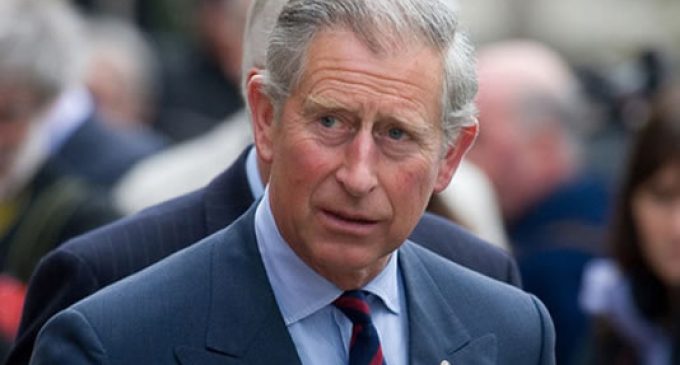Prince Charles in stinging food industry attack

Prince Charles has delivered a stinging attack on the food industry, slamming what he claimed was the drive towards cheaper food and bigger profits.
“The drive to make food cheaper for consumers and to earn companies bigger profits is sucking real value out of the food production system – value that is critical to its sustainability,” he told the Langenburg Forum on Regional Food Security in Germany on Monday (May 27).
The consequences were impoverished soils and local ecosystems, reduced water quality and availability, together with lower local employment and bigger public health threats, he said.
The Prince went on to warn that the “aggressive search for cheaper food” was a “drive to the bottom” that threatened to take farmers with it. “They [farmers] are being driven into the ground by the prices they are forced to expect for their produce and this has led to some very worrying short cuts.”
‘A disturbing situation’
The horsemeat scandal was one example, revealing “a disturbing situation where even the biggest retailers seem not to know where their supplies are coming from”, he said.
His comments followed complaints by Andrew Rhodes, operations director at the Food Standards Agency, that the food industry lacked “self knowledge”.
Rhodes told Food Manufacture’s webinar Horsemeat: learning the lessons of an avoidable crisis that: “There were some in the industry that professed no idea of the complexities they themselves were involved in. There are lessons there for all of us to learn.”
The Prince also highlighted the vulnerability of long food supply chains, which depended on global transportation systems. “These long distance supply chains are apt to snap when they are subjected to sudden shocks. Unexpected weather events, hikes in fuel prices, trade disputes and disease; all sorts of unpredictable events threaten to interrupt supplies.”
‘A toxic mix’
In addition, the pressure to produce cheap food generated “a toxic mix” of social and economic problems, which resulted in environmental degradation and challenges to human health.
Food could be sold cheaply in stores only because the costs fell elsewhere, or were being stored up for the future, he said.
The consequences of basing food systems “more on chemicals and industrial processing … than on farmers and our ability to cook” were becoming ever more apparent in “the deteriorating state of our public health”.
That included rapidly increasing rates of type 2 diabetes and other obesity-related conditions.
While there was no magic bullet to solve these problems, the Prince advised “we have to recalibrate and re-gear the system”.
Food systems must be made more sustainable and eco-friendly and food processing and distribution should be at a “much more appropriate level”. The balance could be redressed through “carefully structured incentives and disincentives”, he suggested.
Food networks should be less globally dependent and more locally interconnected, said the Prince.

































